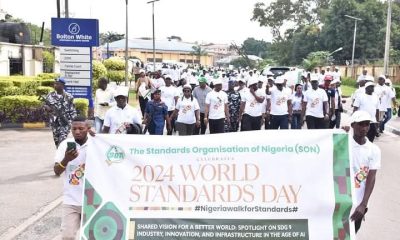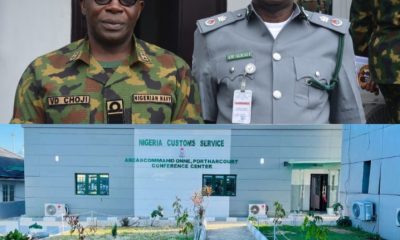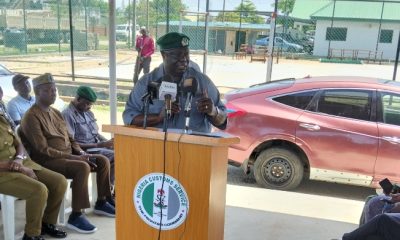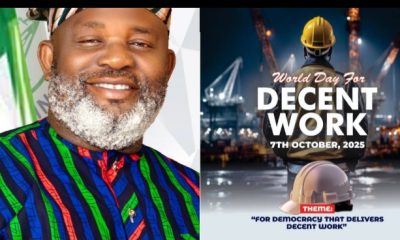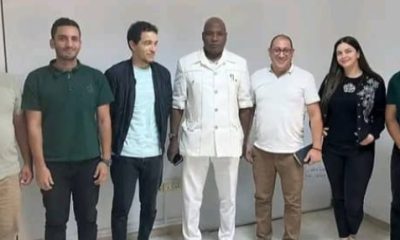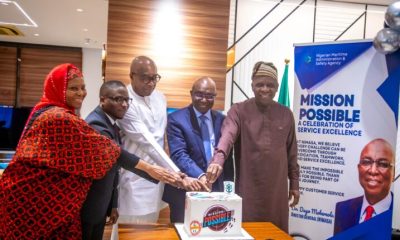By Ezurike Ugochukwu
The Standards Organization of Nigeria (SON), has reassured Nigerians that the installation of solar panels an alternative power source on rooftops do not generate the kind of energy that can ignite and burn houses.
SON Director-General Dr. Ifeanyichukwu Okeke, gave the assurance at a one-day capacity training workshop for journalists in Lagos.
Stressing that support of journalists as information gatekeepers in disseminating accurate, engaging, and impactful reports about SON’s activities, mandates, and successes give visibility to it’s ongoing efforts in monitoring, enforcement, and compliance across industries.
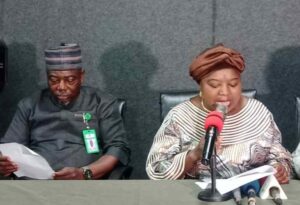 Dr Okeke who was represented by the agency’s Director of Cooperate Affairs, Talatu Ethan, highlighted the importance of certification schemes like MANCAP, Product Registration, ISO Management Systems Certifications, etc.
Dr Okeke who was represented by the agency’s Director of Cooperate Affairs, Talatu Ethan, highlighted the importance of certification schemes like MANCAP, Product Registration, ISO Management Systems Certifications, etc.
In his speech at the training, Engr I. Lawal, Head of Electrical and Electronic Products of SON said though solar panels in use in Nigeria are mainly imported, that no solar panel or its installation accesories are capable of causing or igniting fire on rooftops at homes, offices or factories so long as they pass through certification .
He stated that installation of solar panels on rooftop is a global practice aimed at maximising available space at homes, that it’s the use of unqualified persons during installation or substandard accessories that could lead to fire outbreak.
Insisted that no panel or installation accesories tested and calibrated by SON could cause fire or harm to end users, noted that it’s only Nigeria in the entire Africa that has an accredited renewable energy power plant.
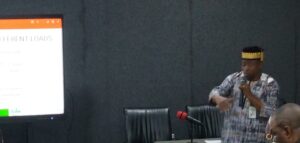
Lawal stated, “The reason why we use the roof is space, to manage space. That is the reason. But some people will tell you, oh, no, it will cause a fire outbreak, its not true. Solar panel does not cause fire outbreak. The problem is quarks. Technicians who do not know how to do the installation. If it’s properly done, you have no cause to worry.
“Another challenge is poor quality materials, substandard materials, if you get the right panel certified by SON, the cable and other accessories certified, and you install it well, there will be no problem.
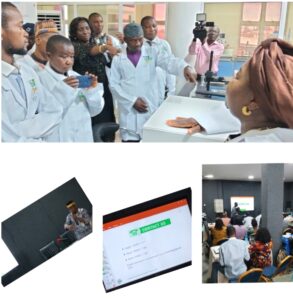 “Don’t let anybody deceive you into condemning this alternative clean renewable energy, once the standard is there, you have nothing to worry about.
“Don’t let anybody deceive you into condemning this alternative clean renewable energy, once the standard is there, you have nothing to worry about.
“We have specified the quality of solar panels and its components. If you go outside the country, whether China, Germany or anywhere, they also install on roofs. if it’s dangerous, we will not be doing it. So, it’s only when something is wrong somewhere.”
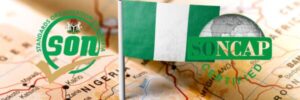 Speaking on SON Conformity Assessment Programme (SONCA), which must accompany all imported products to guarantee quality products for the safety of consumers in the country and Mandatory Conformity Assessment Programme [MANCAP], which all manufacturers must strive to obtain, Head of the MANCAP/SONCAP unit of the agency, Engineer Ayodele, who was represented by Mrs Ijeoma Umego, said these are critical tools of competitiveness for Nigerian businesses in the international trade, most importantly at the African Continent Free Trade Area(ACFTA).
Speaking on SON Conformity Assessment Programme (SONCA), which must accompany all imported products to guarantee quality products for the safety of consumers in the country and Mandatory Conformity Assessment Programme [MANCAP], which all manufacturers must strive to obtain, Head of the MANCAP/SONCAP unit of the agency, Engineer Ayodele, who was represented by Mrs Ijeoma Umego, said these are critical tools of competitiveness for Nigerian businesses in the international trade, most importantly at the African Continent Free Trade Area(ACFTA).
Stressing that if a manufacturer has many products, each of the products will have its own unique identification number with which it can be traced or identified.
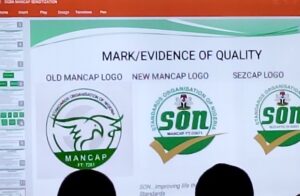
She noted, “you can see a number also on that logo. That number is unique to an individual product. Even if I’m a company making five brands of bread, maybe I have easy bread, Jumoke bread, delicious bread, each of those bread will have different ID numbers given to them, as the case may be. It could be an electrical appliance. The same thing is applicable. You must have a unique number; once two products bear the same number, then there is a question. One person is faking that product. So that’s how you know whether the product is right or wrong.”
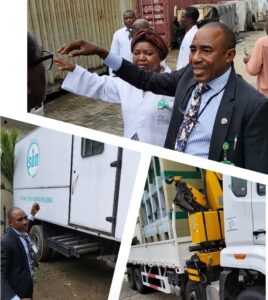 Journalists were taken round the several laboratories of SON including the newly acquired mobile calibration workshop.
Journalists were taken round the several laboratories of SON including the newly acquired mobile calibration workshop.
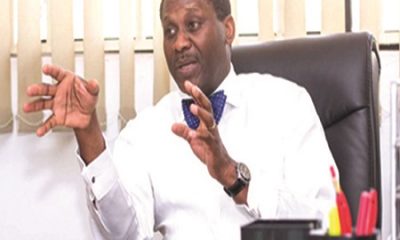
 Business5 years ago
Business5 years ago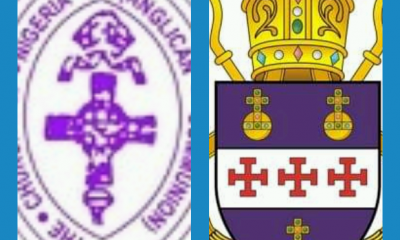
 News6 years ago
News6 years ago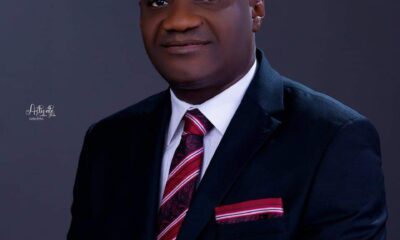
 Crime2 years ago
Crime2 years ago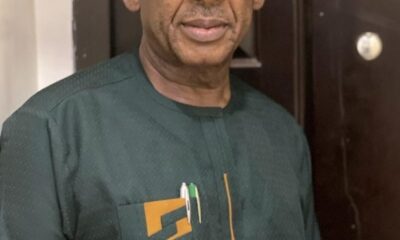
 News1 year ago
News1 year ago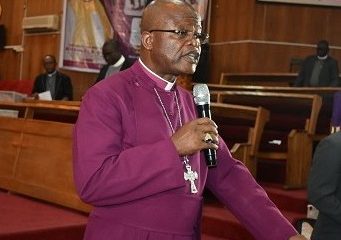
 News5 years ago
News5 years ago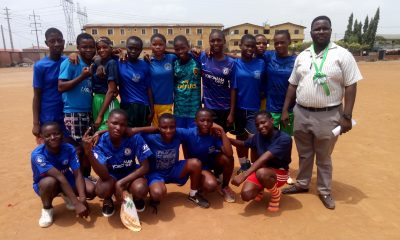
 Football6 years ago
Football6 years ago
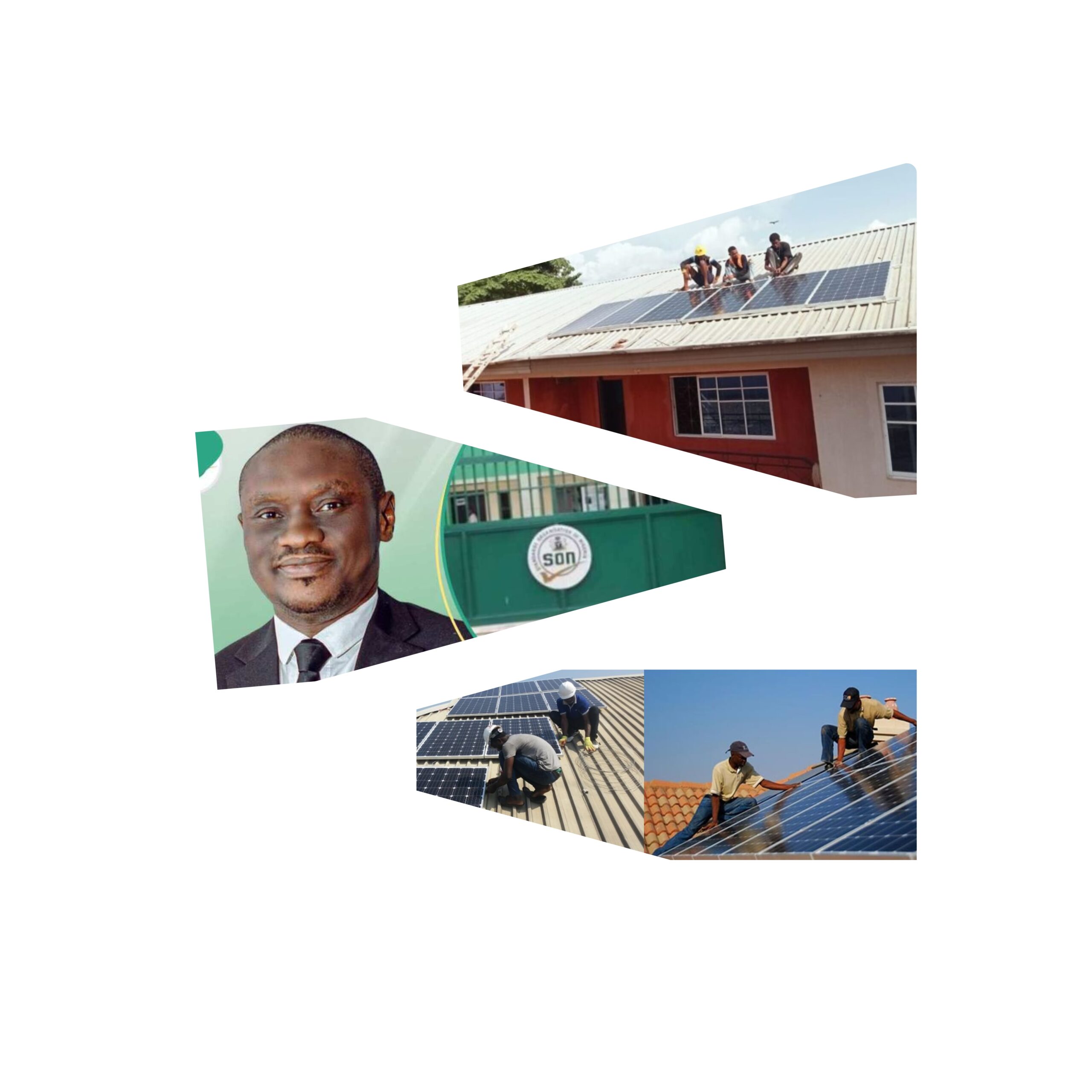
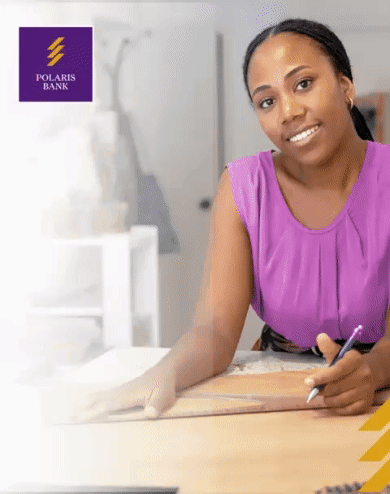
 Dr Okeke who was represented by the agency’s Director of Cooperate Affairs, Talatu Ethan, highlighted the importance of certification schemes like MANCAP, Product Registration, ISO Management Systems Certifications, etc.
Dr Okeke who was represented by the agency’s Director of Cooperate Affairs, Talatu Ethan, highlighted the importance of certification schemes like MANCAP, Product Registration, ISO Management Systems Certifications, etc.
 “Don’t let anybody deceive you into condemning this alternative clean renewable energy, once the standard is there, you have nothing to worry about.
“Don’t let anybody deceive you into condemning this alternative clean renewable energy, once the standard is there, you have nothing to worry about. Speaking on SON Conformity Assessment Programme (SONCA), which must accompany all imported products to guarantee quality products for the safety of consumers in the country and Mandatory Conformity Assessment Programme [MANCAP], which all manufacturers must strive to obtain, Head of the MANCAP/SONCAP unit of the agency, Engineer Ayodele, who was represented by Mrs Ijeoma Umego, said these are critical tools of competitiveness for Nigerian businesses in the international trade, most importantly at the African Continent Free Trade Area(ACFTA).
Speaking on SON Conformity Assessment Programme (SONCA), which must accompany all imported products to guarantee quality products for the safety of consumers in the country and Mandatory Conformity Assessment Programme [MANCAP], which all manufacturers must strive to obtain, Head of the MANCAP/SONCAP unit of the agency, Engineer Ayodele, who was represented by Mrs Ijeoma Umego, said these are critical tools of competitiveness for Nigerian businesses in the international trade, most importantly at the African Continent Free Trade Area(ACFTA).
 Journalists were taken round the several laboratories of SON including the newly acquired mobile calibration workshop.
Journalists were taken round the several laboratories of SON including the newly acquired mobile calibration workshop.
